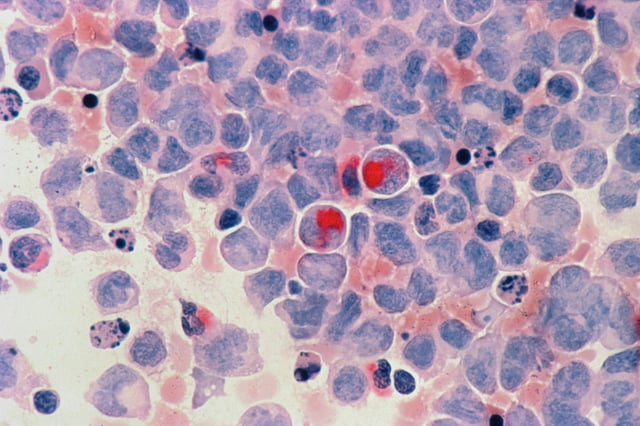Overview
- ASAP, a randomized phase 3 trial, compared standard salvage chemotherapy to induce remission before allo-HSCT with immediate transplantation after intensified conditioning and non‑intensive disease control.
- With a median follow‑up of 61 months, 5‑year overall survival was 47.5% for the standard arm versus 46.1% for immediate transplantation, showing no survival advantage for remission induction.
- Patients receiving intensive salvage chemotherapy spent about one month longer in hospital and experienced more adverse events than those proceeding directly to transplant.
- Age and AML genetics per ELN 2022 were the dominant prognostic factors, with 5‑year survival of 66% for favorable risk, 53% for intermediate risk, and 34% for adverse risk regardless of treatment arm.
- Because formal non‑inferiority was not demonstrated, current practice does not change, and investigators highlight the need for better tolerable bridging strategies and post‑transplant maintenance, particularly for adverse‑risk AML.

